Content Menu
● Understanding Florida's Swimwear Laws
● The Spectrum of Swimwear Acceptability
● Cultural Perspectives on Extreme Bikinis
● Practical Considerations for Wearing Extreme Bikinis
● The Evolution of Swimwear Laws in Florida
● Enforcement Challenges
● The Impact of Social Media
● Conclusion
● Frequently Asked Questions
>> 1. Are thongs allowed on all Florida beaches?
>> 2. What happens if I wear an extreme bikini in a restricted area?
>> 3. Where can I find clothing-optional beaches in Florida?
>> 4. Do private resorts have different rules about swimwear?
>> 5. Can I wear an extreme bikini if I'm just sunbathing privately?
● Citations:
The question of whether extreme bikinis are legal in Florida is a nuanced one, influenced by various local ordinances and state regulations. Florida is known for its beautiful beaches and vibrant beach culture, making it a popular destination for sunbathers and swimmers. However, what constitutes acceptable swimwear can vary significantly from one location to another within the state. This article will explore the legality of extreme bikinis in Florida, including the specific rules governing swimwear in different areas, as well as the cultural implications of wearing such revealing attire.
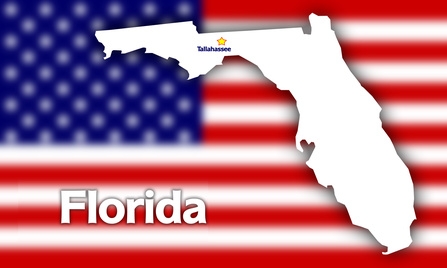
Understanding Florida's Swimwear Laws
State Regulations
In general, bikinis are legal throughout Florida. However, there are specific restrictions regarding the type of swimwear that can be worn in certain public areas, particularly state parks. In 1990, Florida enacted a law that prohibits thong and G-string bikinis in state parks to protect families and maintain a family-friendly environment. This law also stipulates that bikini tops must adequately cover female nipples. Violating these regulations can result in fines or being asked to leave the premises[1].
Local Ordinances
While state laws provide a baseline for swimwear regulations, individual counties and municipalities have the authority to impose their own rules. For instance, Walton County has stringent ordinances that prohibit any display of buttocks for both genders and restricts women's bikini tops to exposing no more than one-quarter of their breast surface area.
Conversely, areas like Miami Beach are much more lenient, allowing for more revealing swimwear. This disparity can lead to confusion among beachgoers who may not be aware of the specific regulations governing the area they are visiting.
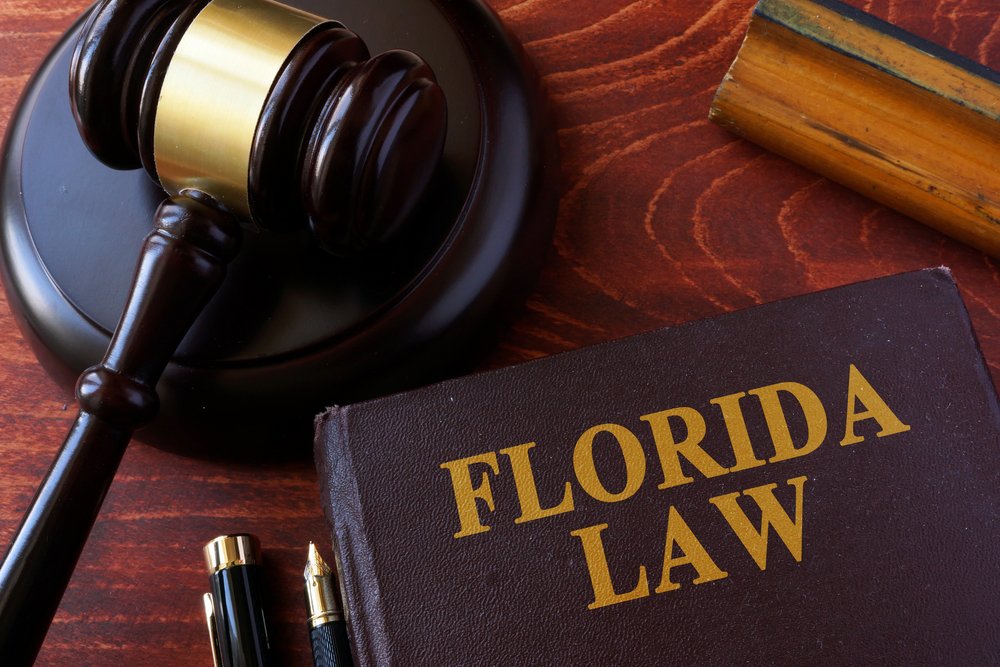
The Spectrum of Swimwear Acceptability
Florida's beaches represent a wide spectrum of swimwear acceptability:
- Clothing-Optional Beaches: Some beaches in Florida are designated as clothing-optional. Haulover Beach near Miami is officially recognized as a nude beach and attracts visitors who prefer to sunbathe without clothing. Other clothing-optional locations include Blind Creek Beach and certain areas within Canaveral National Seashore.
- Family-Oriented Beaches: Many beaches cater to families and have stricter dress codes. In these areas, wearing extreme bikinis or any overly revealing attire may not only be frowned upon but could also lead to enforcement actions by local authorities.
- Private Beaches and Resorts: Private resorts may have their own dress codes that differ from public beaches. Some may allow extreme bikinis while others may enforce stricter guidelines.
Cultural Perspectives on Extreme Bikinis
The acceptance of extreme bikinis varies widely based on cultural attitudes towards nudity and body exposure. In many parts of Florida, particularly tourist-heavy areas, there is a more relaxed attitude towards swimwear choices. However, conservative views still persist in certain communities where modesty is valued.
The rise of social media has also influenced perceptions of swimwear, with extreme bikinis often showcased by influencers and fashion brands. This visibility can lead to increased acceptance among younger generations but may clash with traditional values held by older demographics.
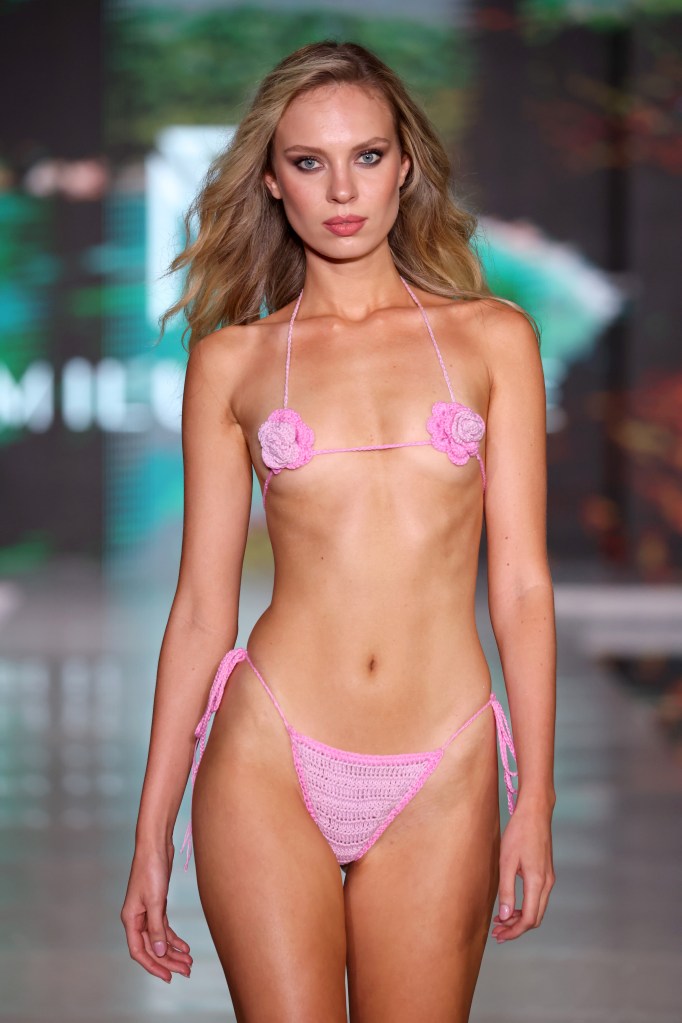
Practical Considerations for Wearing Extreme Bikinis
If you plan on wearing an extreme bikini while visiting Florida's beaches, here are some practical tips to ensure compliance with local laws:
- Research Local Ordinances: Before heading to a beach, check the specific regulations for that area. Websites or local tourism boards often provide updated information on what is acceptable attire.
- Consider Your Audience: If you're visiting family-oriented beaches or public parks, consider opting for more modest swimwear to avoid potential conflicts or discomfort among other beachgoers.
- Be Prepared for Enforcement: Understand that enforcement can vary; while some beachgoers may wear extreme bikinis without issue, others might face scrutiny or enforcement actions depending on local attitudes and regulations.
The Evolution of Swimwear Laws in Florida
Swimwear laws in Florida have evolved significantly over the years. Initially, swimsuits were much more conservative in design. As societal norms shifted towards greater acceptance of revealing clothing, so too did the designs of swimsuits evolve into what we now recognize as modern bikinis and extreme bikinis.
The introduction of laws regulating swimwear was largely a response to changing societal values regarding modesty and public decency. The 1990 law prohibiting thong-style swimsuits in state parks was enacted amid concerns about family-friendly environments and public decency standards[1][3].
In contrast, clothing-optional beaches have become more popular as attitudes towards nudity have relaxed over time. These locations reflect a growing acceptance of body positivity and personal freedom regarding one's body image.
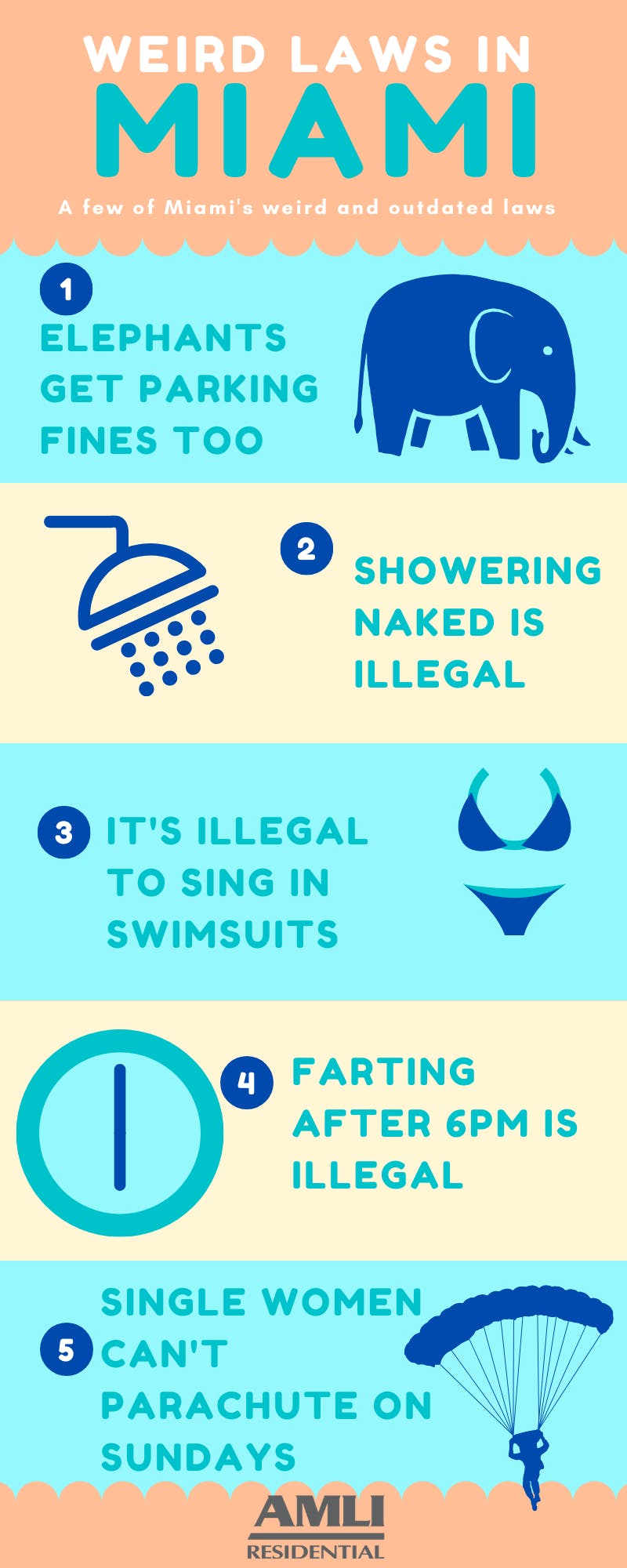
Enforcement Challenges
Enforcement of swimwear laws can be inconsistent across different regions in Florida. While some localities strictly enforce their ordinances against revealing swimsuits, others may turn a blind eye unless complaints are made. This inconsistency can create confusion among visitors who may not be familiar with local laws.
Moreover, enforcement often relies on subjective interpretations of what constitutes "indecent" exposure or overly revealing attire[3]. Beachgoers should be aware that what might be acceptable in one location could lead to penalties in another.
The Impact of Social Media
Social media has played a significant role in shaping perceptions around swimwear choices today. Platforms like Instagram and TikTok showcase influencers wearing extreme bikinis at popular beach destinations across Florida. This visibility has contributed to a broader acceptance of daring swimwear styles among younger generations.
However, this trend also raises questions about body image and societal expectations regarding beauty standards. Many individuals feel pressured to conform to these ideals when choosing their swimwear, which can lead to body dissatisfaction among those who do not fit conventional beauty norms[4].
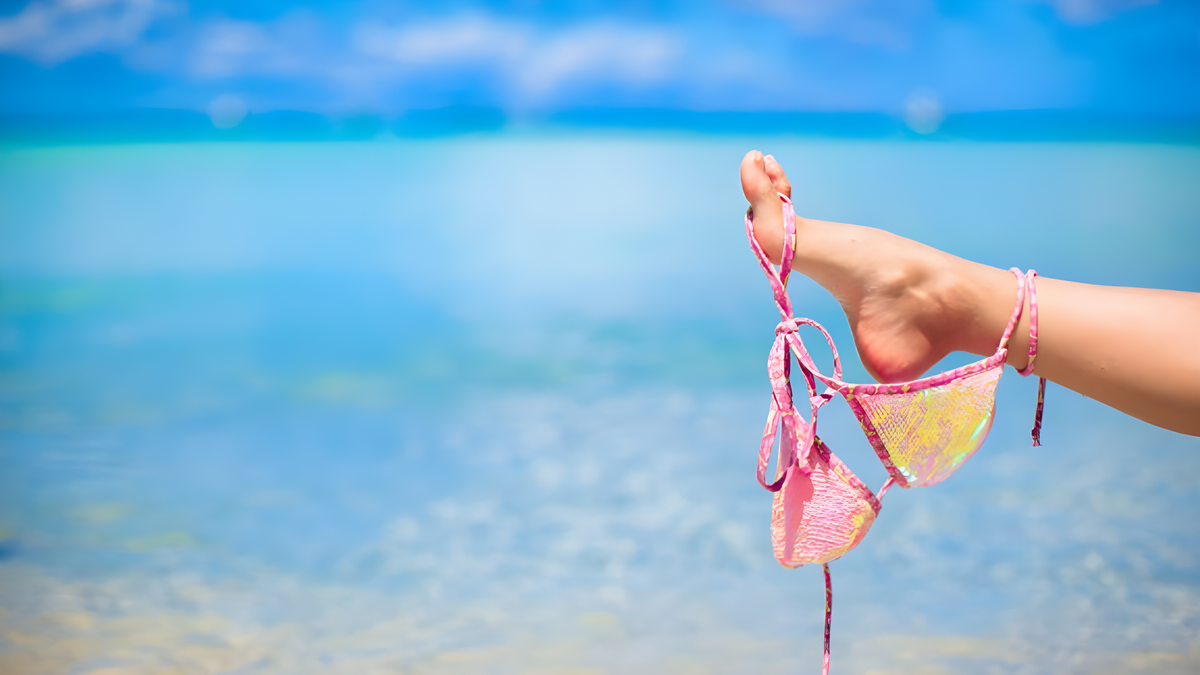
Conclusion
In summary, while extreme bikinis are legal in many parts of Florida, their acceptability largely depends on local ordinances and cultural attitudes towards swimwear. State parks prohibit thong-style swimsuits, while some counties have strict regulations against revealing attire altogether. Conversely, many urban beaches welcome more daring swimwear choices.
As you prepare for your beach day in Florida, it's essential to stay informed about the specific rules governing swimwear in your chosen area to ensure an enjoyable experience without legal complications.
Frequently Asked Questions
1. Are thongs allowed on all Florida beaches?
- No, thongs are prohibited on state parks and some counties have restrictions against them as well.
2. What happens if I wear an extreme bikini in a restricted area?
- You may be asked to leave the area or face fines depending on local enforcement policies.
3. Where can I find clothing-optional beaches in Florida?
- Haulover Beach is one of the most popular clothing-optional beaches; others include Blind Creek Beach and certain sections of Canaveral National Seashore.
4. Do private resorts have different rules about swimwear?
- Yes, private resorts often set their own dress codes which may allow more revealing swimwear compared to public beaches.
5. Can I wear an extreme bikini if I'm just sunbathing privately?
- Yes, if you are on private property or at a clothing-optional beach where such attire is accepted.
Citations:
[1] https://legalbeagle.com/7258414-florida-bikini-laws.html
[2] https://www.clickorlando.com/news/local/2024/10/28/here-are-7-strange-florida-laws-you-may-have-never-heard-of/
[3] https://www.abelyfashion.com/what-s-illegal-to-do-in-a-swimsuit-in-florida.html
[4] https://journals.flvc.org/NFJA/article/download/124046/131080
[5] https://www.palmbeachdailynews.com/story/news/2024/02/28/no-bikinis-on-worth-avenue-palm-beach-looking-at-potential-regulations/72696403007/
[6] https://999ktdy.com/are-thong-swimsuits-legal-in-public-you-might-want-to-check-this-list/




































































